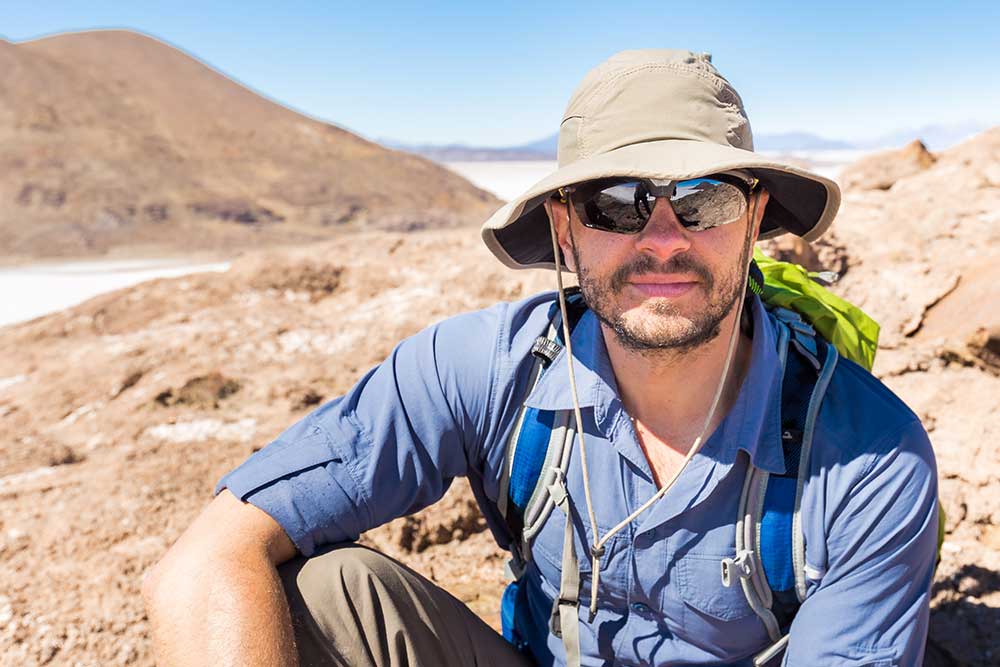All Categories
Featured
Table of Contents
Geophysical Survey Services in Leederville Aus 2020
This work is significantly contracted out, so consultancies offer another source of work. Consultancy firms vary in size, from very small business to large multinationals. Some consultancies are rather specialised in utilizing particular geophysical techniques or operating in specific areas, while others provide a more varied variety of services to their clients.
The extraction of gas from land fill websites is another area of work and this might grow in the future. Expedition business may carry out work for building firms, water business, mining business and environmental agencies, so geophysicists might be used in any of these settings. Other companies include: geological surveysgovernment bodies and agenciesuniversities and research institutes.


Vacancies may be listed in the oil and gas sector press. Recruitment is impacted by oil cost variations and the level of competition for positions varies depending upon this. Careers Days, which cover the full series of geoscience careers and are generally participated in by a variety of crucial industry employers, are run by The Geological Society.
What Should I Do To Be A Geophysicist? in Rivervale Australia 2022
A few of the big oil and gas business provide a full two-year structured training programme throughout the breadth of geophysics, including the chance to experience operate in numerous teams prior to specialising in one location. Your training might include deal with: existing wellsmagnetic and gravitational prospective field data analysisresearchrock analysis. It's more normal for your preliminary training to be offered on the job.

There might be a probationary period throughout which you work together with a skilled colleague. Competency-based appraisals occur routinely in the majority of companies. In smaller sized firms, and for scholastic posts, there is not likely to be any formal training - you'll be expected to start work straightaway and select up skills as you go along.
If you work for a smaller company, you might discover that you need to take duty for arranging and funding your own advancement and training. If you have a geology degree, membership of The Geological Society can be useful for networking and for maintaining to date with the market.
Frequently Asked Questions in Hilton WA 2023
You may also discover it helpful to sign up with the PESGB (The Petroleum Exploration Society of Great Britain, which has a geophysics unique interest group. After a probationary duration, and when you have actually gained some experience, you could advance to senior geophysicist, then group leader and after that into a senior role in management.
The ease of movement between functions depends upon the company structure. Research study at Masters or Ph, D level in a subject associated to geophysics or geosciences may help with your career development and progression. The employment market within the oil and gas market is extremely depending on rate and this may affect your opportunities for career development.
Nevertheless, not all tasks depend on the oil and gas markets. For experienced geophysicists, freelance consultancy provides a good route for career development. You can also specialise in a particular area of geophysics. As a geophysicist, you're likely to have numerous tasks throughout your working life. International movement is essential for handling peaks and troughs in different nations at various times.
Why Study Geology? in Subiaco Aus 2021
From geophysics, it's possible to concentrate on seismology (finishing further training to become a seismic interpreter) or to move into associated areas such as engineering geology or hazard forecast.
Deciding what to study in college is a tough choice. Even if you understand that your field of interest depends on science, what program of research study is best for you? If you make the decision to major in physical and life sciences and pursue a career as a geophysicist, you're getting ready for an interesting and rewarding profession.
The first step to attaining your goal of ending up being a geophysicist is making a degree. Even for entry-level positions in the field of geoscience, you'll require a bachelor's degree (a geophysicist college degree) from a certified college or university. Geophysicists must be able to: examine rocks, photographs, and other pieces of information carry out research both in the field and in laboratories create maps and charts of their findings compose reports To achieve all this, trainees require a specialized education for geophysicist professions.
As specified above, you'll need a bachelor's degree in geoscience or an associated discipline, such as a physical science or a life sciences, to land an entry-level job. Trainees can also prepare by majoring in topics like: Biology Chemistry Computer science Engineering Mathematics Physics The above geophysicist majors provide a more generalized approach to a single clinical discipline, however a lot of programs need trainees to take one or more geology course.
Table of Contents
Latest Posts
Geophysical Survey In Archaeology in Samson WA 2023
Geology Careers: Degree Requirements, Cost & Salary in Subiaco Western Australia 2022
Geophysical Surveys: Definition & Methods in Armadale Western Australia 2022
More
Latest Posts
Geophysical Survey In Archaeology in Samson WA 2023
Geology Careers: Degree Requirements, Cost & Salary in Subiaco Western Australia 2022
Geophysical Surveys: Definition & Methods in Armadale Western Australia 2022